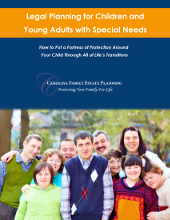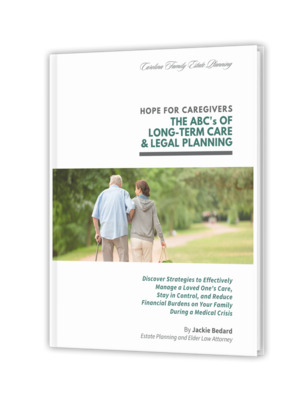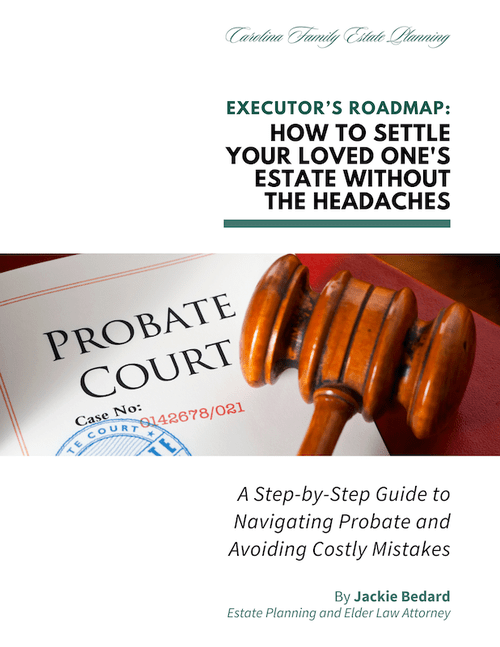In light of the discussion of the looming recession, we’ve received questions about how much FDIC insurance coverage is available for accounts held in the name of a revocable living trust.
Current Rules
In late 2008, the FDIC coverage was increased to $250,000 per depositor unless you own your account in the name of your living trust. Accounts held in the name of a living trust receive an additional coverage of $250,000 per beneficiary of the trust, up to five beneficiaries. Thus, if husband and wife, Bill and Mary, own a bank account in the name of Bill’s living trust, which lists both Mary and their two children as beneficiaries upon Bill’s death, then Bill’s trust would be entitled to $750,000 of FDIC coverage (i.e., three beneficiaries times $250,000). This extension of coverage is capped, not to exceed $1,125,000. One should also note that the beneficiary must be qualified as an ‘eligible beneficiary.’ To be eligible, a beneficiary must be a person, charity, or another non-profit organization (as recognized by the Internal Revenue Service).
If a living trust has six or more beneficiaries, the rules depend upon if the beneficiaries have equal or unequal interests. For equal interests, we use the same rule as five or fewer beneficiaries, so the account has $250,000 of FDIC coverage for each beneficiary. For unequal interests, the owner’s revocable trust deposits are insured for the greater of either: (1) the sum of each beneficiary’s actual interest in the revocable trust deposits up to $250,000 for each unique beneficiary or (2) a minimum coverage amount of $1,250,000.
New Rules as of April 1, 2024
The FDIC approved changes on January 21, 2022, to its deposit insurance rules for revocable and irrevocable trust accounts. These new rules will take effect on April 1, 2024. Different rules for both trust types are being simplified into one common rule.
“A deposit owner’s trust deposits will be insured in an amount up to $250,000 for each of the trust beneficiaries, not to exceed five, regardless of whether a trust is revocable or irrevocable, and regardless of contingencies or the allocation of funds among the beneficiaries.” This means that deposit insurance will be capped for all trust accounts at $1,250,000 no matter the number of beneficiaries a trust may have.
For the increased FDIC insurance coverage limits to apply, your account(s) must be owned by your trust. If you have created a trust but did not change the ownership of your account(s) into the name of your trust, you may not be able to receive the increased FDIC insurance coverage.
Not Sure if Your Account Is Covered?
If you know you have established a trust but are not sure if your account has been properly “funded” into your trust, please contact our office at 919-443-3035, and one of our experienced estate planning attorneys would be happy to assist you.








